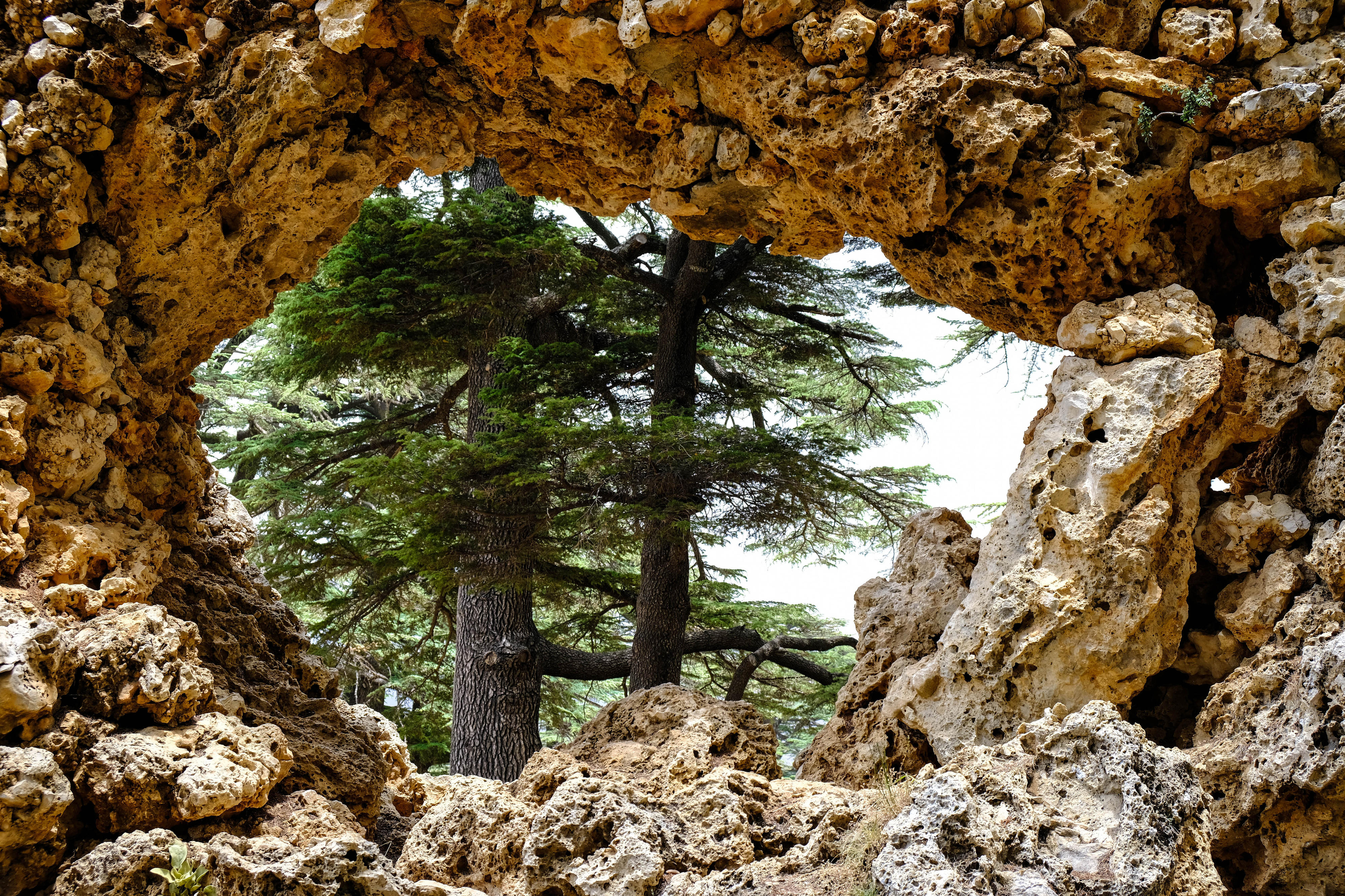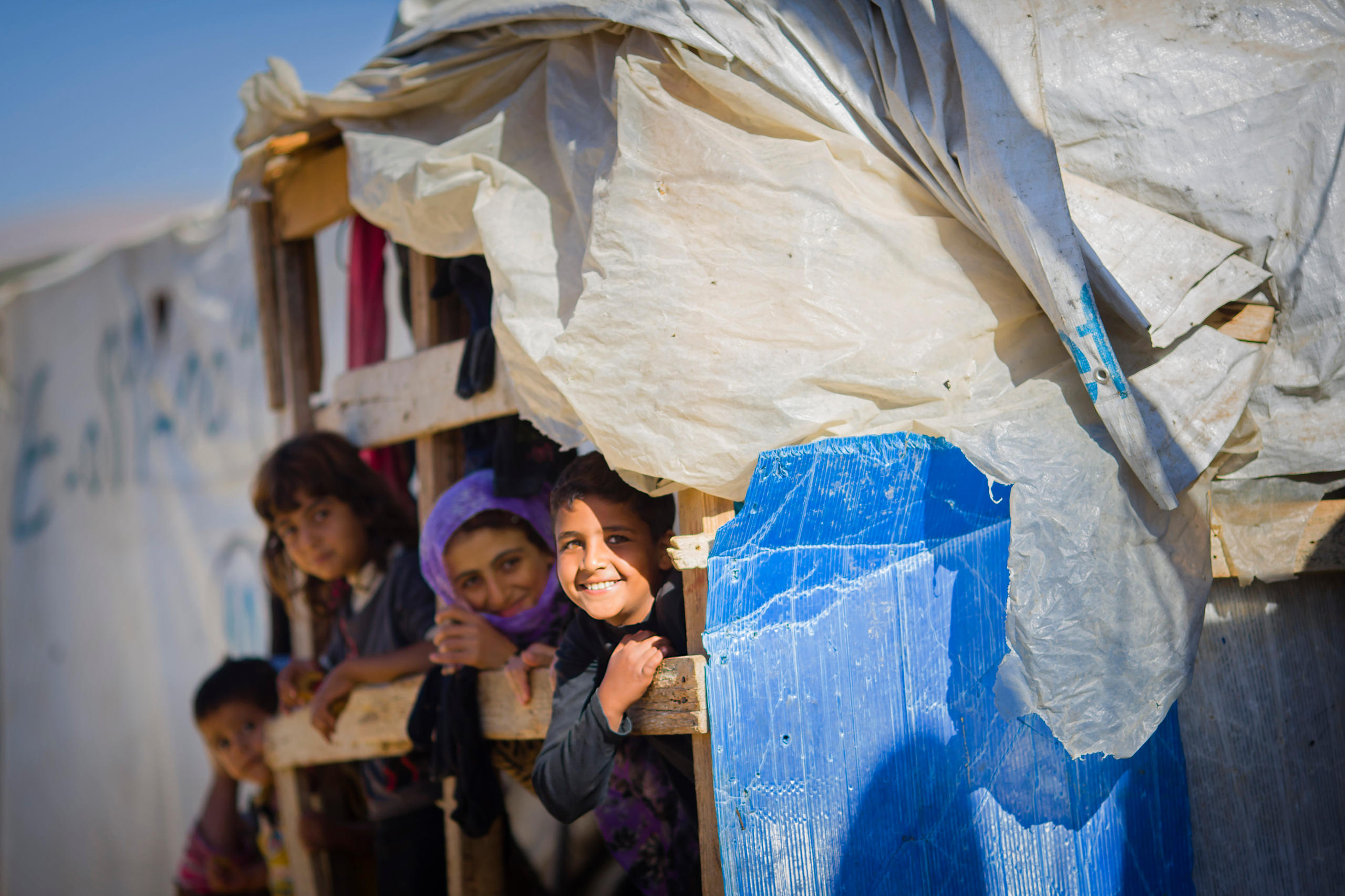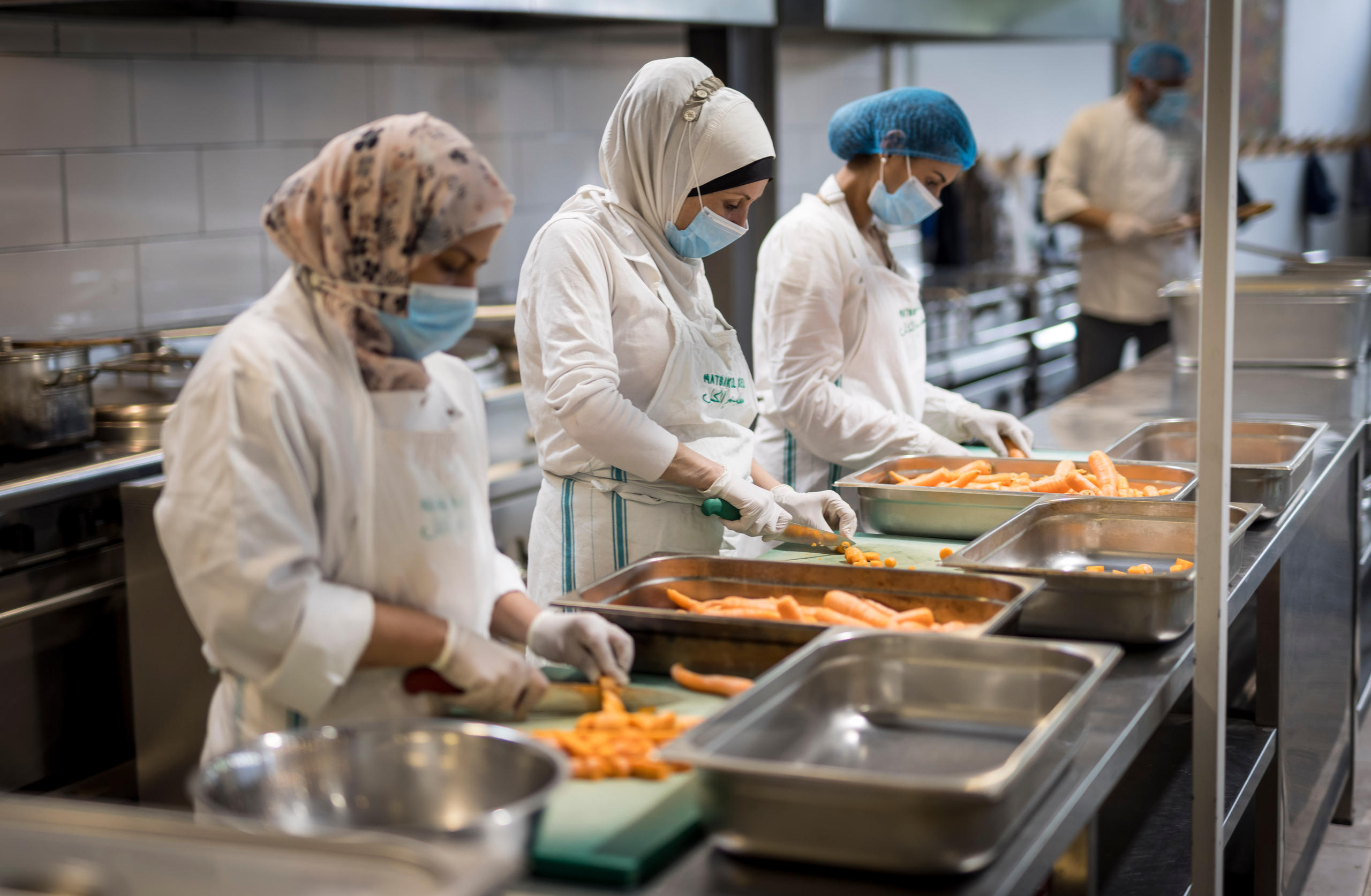Cedars in Lebanon
Copyright© tiffany, via flickr, CC BY-NC 2.0
Lebanon
Lebanon was hit by several consecutive crises in the last few years. After the civil war broke out in Syria in 2011, some 1.5 million Syrians have fled to Lebanon – a country with a population of around 4.5 million people. Providing services for all these people has since been a huge burden for national and local institutions and infrastructure. To this day, Lebanon is the country with the highest number of refugees per inhabitant worldwide.
In 2019, Lebanon was also affected by an economic and banking crisis, in the course of which the country’s currency devalued by more than 95 per cent. Lebanon has since been in a socio-economic downward spiral. The explosion in the port of Beirut in 2020 exposed the collapse of state structures. In 2022, as a result of the war in Ukraine, a food crisis further worsened the situation. In addition, an armed conflict between Israel and Hezbollah occurred between October 2023 and November 2024, exacerbating the humanitarian situation only more and displacing more than 1 million people within the country. Poverty, power outages, rising food prices and a largely overstretched health system are making everyday life a constant challenge.
After years of political deadlock caused by the entrenched confessional power-sharing system, President Michel Aoun’s term ended in 2022 without a successor being named. The government remained in office as a care-taker government. It wasn’t until January 2025 that Joseph Aoun was elected as the new President. He appointed Nawaf Salam as Prime Minister. The new government is very much reform oriented, however it is faced with a difficult balancing act: it will need to strive to maintain the confessional balance while remaining capable of operating.
Germany’s development cooperation with Lebanon
In 2003, Lebanon officially graduated to higher middle-income status, which meant that bilateral development cooperation with Germany was ended. However, following the war between Hezbollah and Israel in the summer of 2006, Germany temporarily resumed its development cooperation with Lebanon in order to support the reconstruction of the country.
When the civil war began in Syria in 2011, Germany expanded development cooperation with Lebanon in order to help the country in its efforts to provide services for the refugees and support host communities. In 2020, Lebanon once again became an official partner country of the Federal Ministry for Economic Cooperation and Development (BMZ). Cooperation is aimed at promoting stability and conflict prevention and also creating long-term development opportunities. In return, the country is expected to undertake clear political reforms.
German-Lebanese development cooperation today is based on two pillars:
- Different crises need to be addressed in the short-term and medium-term. This includes providing for the refugees and vulnerable people from host communities which are often under a lot of economic pressure and restoring basic services and infrastructure and creating economic opportunities.
- The focus in the long term will be on stabilisation, economic recovery and institutional reforms. Especially investments in infrastructure, education, economic development and technical and vocational education and training, strengthening social basic services and support for the country’s comprehensive reform efforts are to contribute to improving the country’s fragile situation.
In 2024, the BMZ committed a total of 153.8 million euros for development cooperation with Lebanon.
SDG trends for Lebanon
- On track or maintaining SDG achievement
- Moderately improving
- Stagnating
- Decreasing
- Trend information unavailable



















